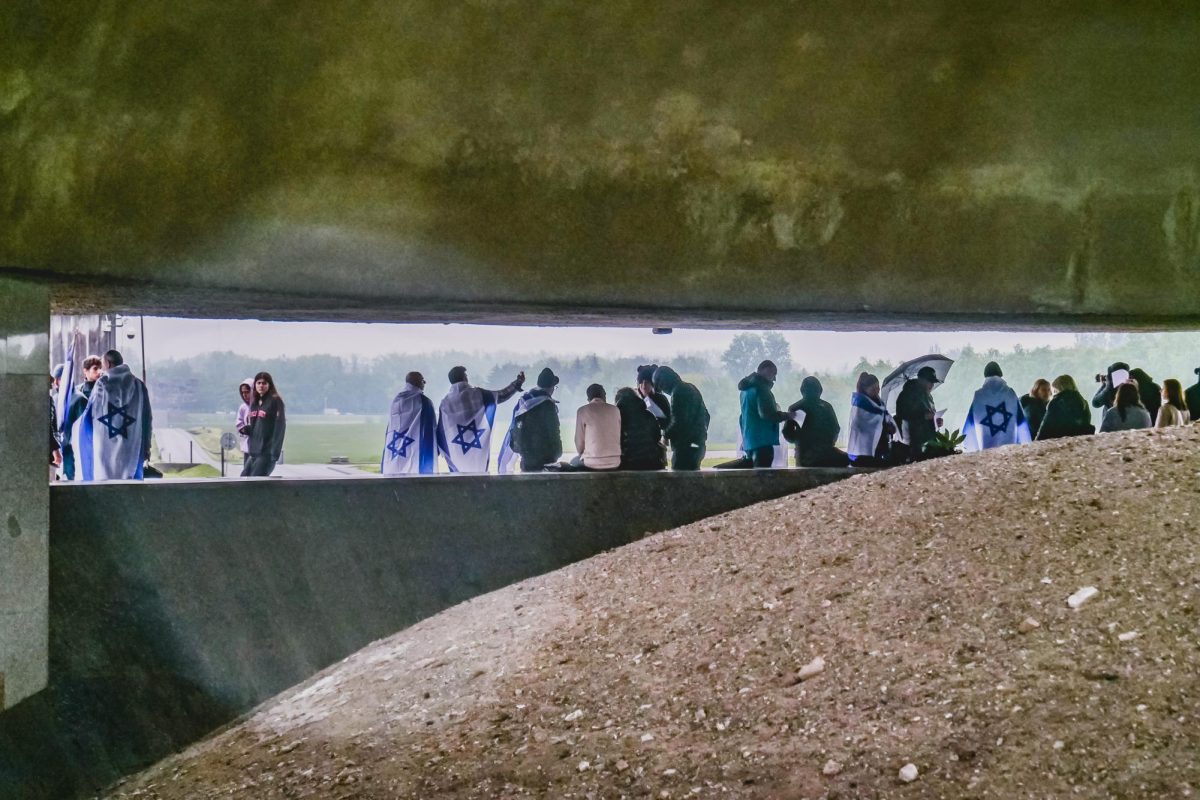In another episode of “As the World Turns (Against Israel),” the state faces more condemnation from global leaders in response to the Israeli attack on a flotilla of ships trying to break the blockade of Gaza. Once again, Israel dutifully overreacts to a potential security threat and suffers media and international criticism for the ensuing weeks.
This time, it was ordinary soldiers – commandos, true, but not generals weighing existential questions – who faced a complicated yet immediate threat on the decks of a ship they’d planned only to steer north to be inspected and unloaded in Israel before delivery to the Palestinians of Gaza. Five smaller ships in the same flotilla had been overtaken peacefully and taken to Ashdod.
But in that moment, those soldiers faced exactly the impossible dilemma Israel faces over time. They saw — as the whole world saw on internet videos within days — their comrades being brutally attacked with metal bars and other weapons on the top deck of the ship. They had to decide instantaneously whether to retreat, be beaten, or defend and fight. They fought, and nine Turks were killed. The commandos saved themselves but in so doing created an international incident that opened floodgates of criticism against their country.
Israel is constantly juggling its social standing in global politics with its national security. It often faces issues that challenge its interests and its values at the same time.
From the global perspective, a military giant beats up on a small fleet of humanitarian aid on a mission to relieve war refugees of depleted necessities. Israel used “disproportionate force” to shatter the efforts of humanitarians trying to rescue a people in need. But Israel sees itself as a humanitarian state, providing over 200 tons of aid per day to Gaza, according to LA’s Israel Consul General Jacob Dayan. It is trying to keep the people of Gaza alive without supporting their Hamas government, which is sworn to Israel’s permanent destruction.
This incident brings an unfamiliar foe to the table. Turkey, a longtime ally of Israel and one of the first to denounce Israel over its actions, was the port of departure for the flotilla ships. If Israel can’t even keep its allies, what can it keep?
When Israel is faced with a dilemma, such as the flotilla, it is put in a lose-lose situation. Either it can exercise passivity — allowing the instigator to succeed, which prompts more of the action — or it can react with force upon which the world frowns. In both scenarios, some parts of Israel’s ideals are compromised.
The naval blockade of Gaza was created in 2006 to prevent a Hamas arms buildup in the area, and in the wake of the kidnapping of Gilad Shalit. On May 31, Israel had to decide whether it was more important to enforce the blockade or to prevent another months-long ethics investigation and face global condemnation. The commandos, like the government they serve, acted to retain control on Gaza’s waters.
Had they acted differently — had this particular underground humanitarian team made it into Gaza — they would have compromised their own safety and that of all Israelis. If a flotilla filled with relief supplies can break Israel’s blockade, so can one with other supplies, such as arms and weaponry. Israel’s continuing to defend its borders also defends its national security over time.
But even putting aside its diplomatic losses, Israel loses part of its integrity when it takes violent action against “humanitarians.” Even when national security is at risk, Israel’s actions will always cause some sort of loss, whether it’s popularity, or Israel’s own values. This is the position it finds itself in with an impossible enemy.






